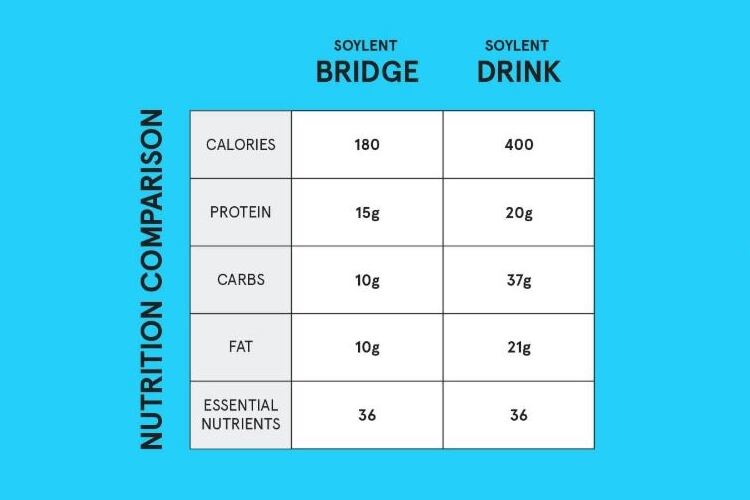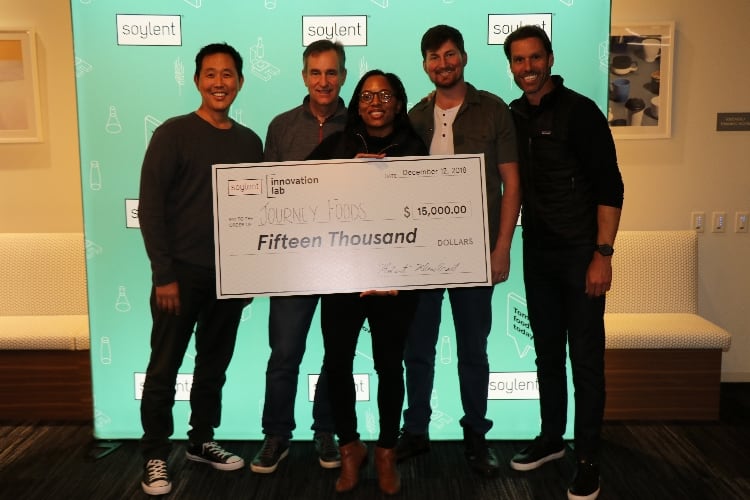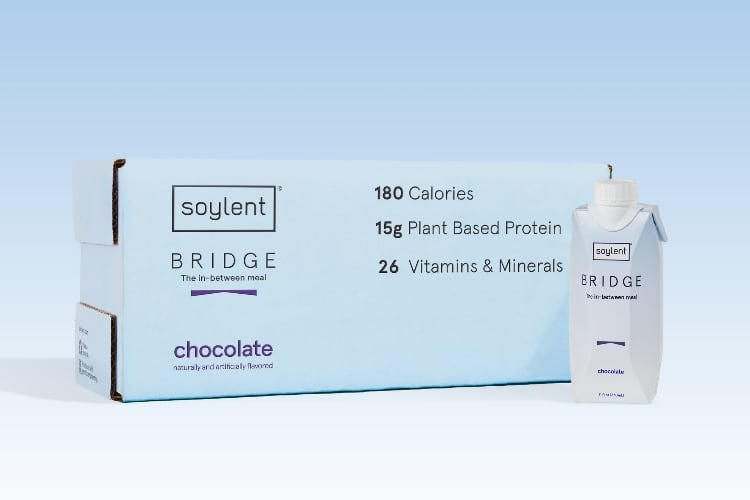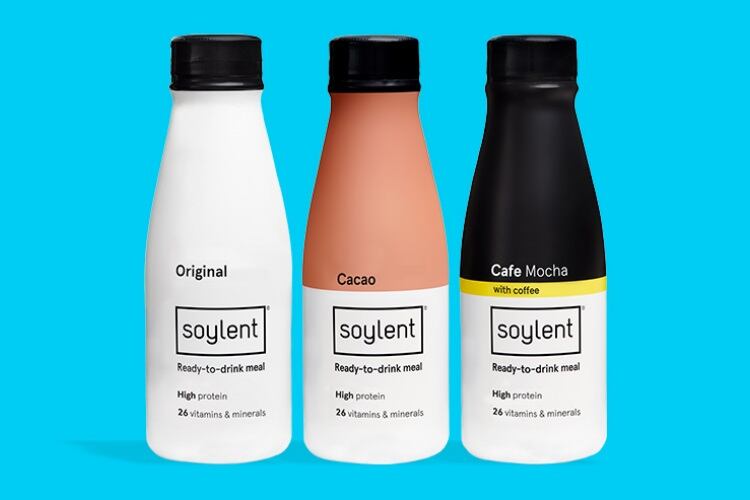Meal-replacement smoothie brand Soylent caught a lot of attention in 2018. More people are now accustomed to the idea of replacing meals with high-protein snacks and beverages, and the company’s success led to a UK expansion in September. It’s now launched a startup innovation program in Los Angeles and introduced Bridge, a new RTD option for between meals.
Bridge-ing the gap between meals
Building on the basis of Soylent's business as a meal-replacement company, its latest launch Bridge is billed as a snack replacement. It contains 180 calories per 11oz bottle compared to Soylent Original's 400 calories per 14oz bottle. Both drinks contain 36 essential nutrients, and Bridge is lighter on sugar at 3g than Soylent Original at 9g.

Bryan Crowley, CEO of Soylent, said "Soylent was created to fill 'food voids,' those times when you either skip a meal or make unhealthy, unsustainable or expensive food choices because you don't have access to something better.
"We know that mealtime isn't the only time our customers are faced with these difficult food decisions, so we set out to create a more complete and nutritious way to get you to your next meal.
"Our customers have been asking for a lighter, lower-calorie option that still packs a protein punch to satisfy these occasions and with Soylent Bridge, we've delivered."
Bridge is launching first with a chocolate flavor, available only in 12-packs on Soylent.com.
Increasing food production through innovation
The Soylent Innovation Lab is described as “a collaborative office space for up-and-coming food tech companies who share Soylent’s vision: to change the way the world thinks about food - for the better.”
It’s estimated that the global population will reach 9.7 billion by 2050, and food production will need to increase by 70% to support that. Soylent is hoping that this ‘lab’ will inspire a “dedicated collective of like-minded individuals and companies committed to finding innovative ways to turn this challenge into an opportunity.”
The innovation lab mimics a co-working space like WeWork, but with the theme of food development within the Soylent complex. The company is offering grants to the top startups and free working space at the Soylent offices in Los Angeles’ Arts District.
The lab advertises mentorship opportunities, strategic resources and access to a supportive community space, including collaboration time with Soylent executives and use of the company’s conference and boardrooms, kitchen, bar and rooftop deck.
Six finalists were chosen from a pile of applicants, and earlier this month they had the chance to pitch their company concept to a judging panel. The judges included founder of Soylent, Rob Rhinehart, Soylent board member, Rob Case and managing partner at Refactor Capital, David Lee.
The application asked for a short, written synopsis of the company’s vision and why it would be a great fit for Soylent Innovation Lab, providing any other pertinent materials.

The first chosen winner to join the lab was Journey Foods, a nutrition company focused on micro foods. They re-imagine fruit snacks by adding “functional ingredient complexes to target immunity, digestion, energy and brain function with the goal to change the face of traditional nutrition and snacking.”
Journey Foods was awarded a $15,000 grant from the Soylent Innovation Lab and a year of free office space in the lab.
Runners-up were Stacey & Mom and In-House Produce, both awarded a $5,000 grant as well as free office space. Stacey & Mom uses simple ingredients to make vegan, gluten-free, soy-free and nut-free family meals and snacks.
In-House Produce helps restaurants and households grow their own hydroponic vegetables in their dining areas. It uses a combination of logistics, servicing and smart hardware for the system that grows and preserves produce until the moment it’s ready to be eaten.
Companies not selected for the grant awards and free office space can still apply to rent out designated desks and offices at the Soylent headquarters, starting at $575 per month.


